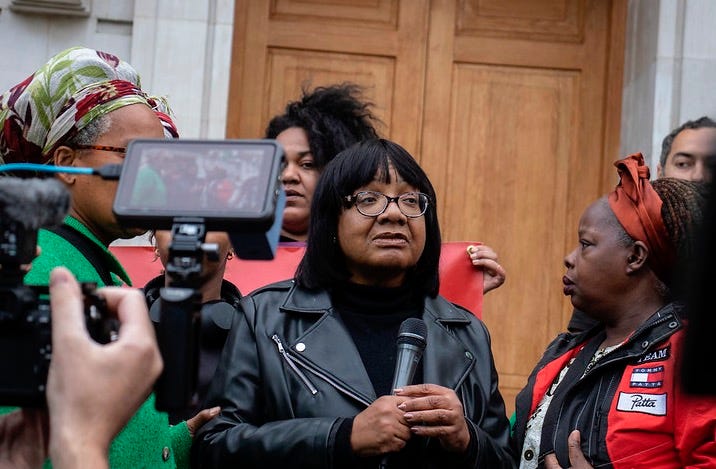It's time for sensible conversation about anti-Black racism
From Diane Abbott, to racism at the Euros, to maternal healthcare failings – it has never been more important to call out antiblackness wherever we see it.
There is something about Diane Abbott that whips critics up into a breathless frenzy – so quick are they to condemn her, so vitriolic in their assessments, and so frequently willing to stray into the realms of personal attack. The ‘something’ is that she is a…





